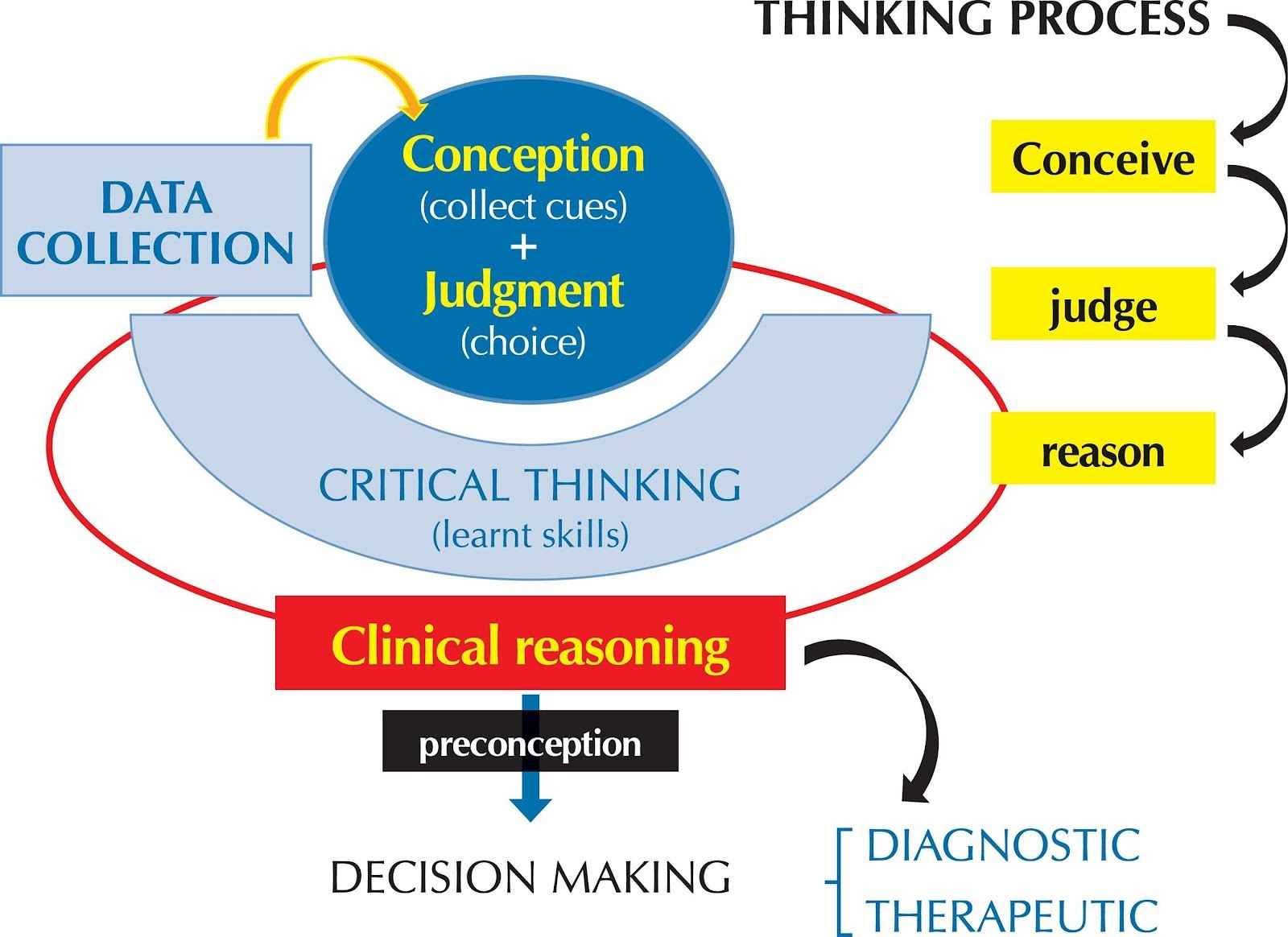Introduction
The ability to think critically is paramount, especially in online learning environments. This article delves into why and how developing critical thinking skills in online courses is not just beneficial but essential for academic and professional success.
What is Critical Thinking?
Critical thinking is the ability to analyze facts to form a judgment. It encompasses several components including logic, reasoning, empathy, and an understanding of the psychological biases potentially affecting decision-making.

If you’re a nursing student in need of assistance with a research paper, you may want to consider the option to buy nursing research paper. This service provides professionally crafted papers tailored to the specific requirements of nursing coursework. By purchasing a nursing research paper, students can access well-researched and meticulously written content that aligns with the standards of academic excellence in the nursing field. This option offers a practical solution for students who may be facing time constraints or who require additional support to maintain the quality of their submissions.
The Role of Critical Thinking
Critical thinking is instrumental in both academic and professional realms as it fosters independent thinking, problem-solving, and the ability to negotiate complex situations.
Challenges in Online Learning
Learning online presents unique challenges that can impact the development of critical thinking skills.
Distractions at Home
Home environments are often filled with distractions that can detract from the focus necessary for deep analytical thinking.
Lack of Immediate Feedback
The delay in feedback that often comes with online courses can hinder the immediate understanding and correction of errors in thinking.
Limited Social Interaction
The often-reduced levels of peer-to-peer and instructor-student interactions in online courses can limit opportunities for debate and discussion, essential components of critical thinking.
Developing Critical Thinking Skills
There are several effective strategies that can help overcome the barriers to developing critical thinking skills in an online learning environment.
Interactive Learning Methods
Incorporating interactive tools such as simulations, quizzes, and problem-solving games can significantly enhance engagement and analytical thinking.
Encouraging a Questioning Mindset
Fostering an environment where students are encouraged to question and critique theories and opinions can greatly enhance critical thinking.
Applying Theoretical Knowledge to Practical Problems
Connecting theoretical knowledge to real-world scenarios helps solidify understanding and promotes higher-order thinking skills.
Tools and Resources for Critical Thinking
Leveraging technology and other resources can aid the development of critical thinking in online settings.
Software and Apps
Several tools, such as critical thinking software, apps, and virtual reality simulations, provide platforms for practicing problem-solving skills in virtual settings.
Online Forums and Discussions
Digital platforms that facilitate discussions help mimic the collaborative environments of traditional classrooms and promote analytical discussions.

For those looking to take my online classes in nursing, the journey begins with finding the right program that aligns with your goals and aspirations. Online nursing courses offer a flexible and accessible way to pursue higher education without sacrificing your existing commitments. With the ability to study from anywhere with an internet connection, you can tailor your learning experience to fit your schedule and lifestyle. Whether you’re interested in entry-level courses or advanced specializations, online nursing programs provide a wealth of opportunities to expand your knowledge and skills in the field. By taking advantage of these convenient options, you can embark on a fulfilling educational journey toward a rewarding career in nursing.
Measuring the Development of Critical Thinking
Understanding and assessing the development of critical thinking skills in online learners is crucial for continual improvement.
Formal Assessments
Online courses should include assessments that specifically target critical thinking abilities, such as essays, case studies, and reflective journals.
Self-Reflection Techniques
Encouraging students to engage in self-reflection can help them become aware of their own thinking processes and biases, aiding in the development of metacognitive skills.
Conclusion
Developing critical thinking skills in online courses equips learners with the ability to navigate through the complexities of modern, digital, and continuously evolving professional environments. By incorporating specific strategies and tools designed to enhance critical thinking, educators can significantly improve the learning outcomes of their online courses, preparing students for successful academic and professional careers.
FAQs
- What are some everyday strategies to improve critical thinking? Everyday strategies to improve critical thinking include asking probing questions, analyzing underlying assumptions, and engaging in reflective practice.
- How do online educators ensure that students remain engaged and develop critical thinking skills? Online educators can ensure student engagement and development of critical thinking by using interactive content, timely feedback, and fostering a community through forums and webinars.
- Can critical thinking be taught entirely online? Yes, critical thinking can be taught entirely online through structured courses that include interactive exercises, problem-solving tasks, and collaborative projects.
- What role does peer interaction play in developing critical thinking? Peer interaction plays a crucial role in developing critical thinking by exposing students to diverse perspectives and enhancing dialogue and debate.
- Are there specific courses designed to improve critical thinking in online formats? Yes, there are specific courses designed to improve critical thinking in online formats, often featuring scenario-based learning, puzzles, and case studies to challenge the mind.





